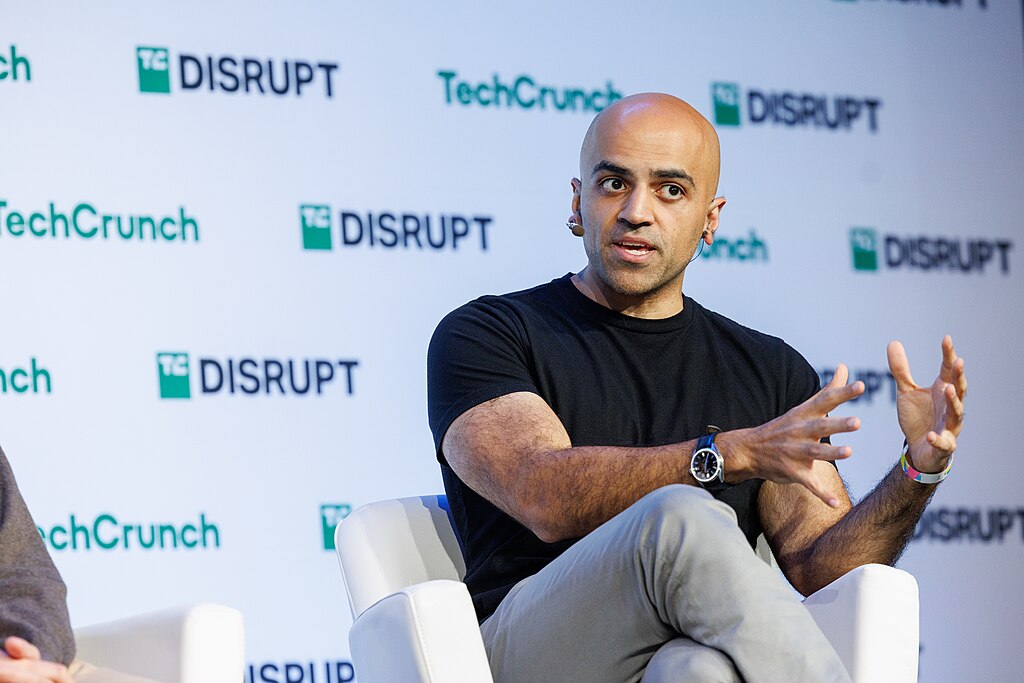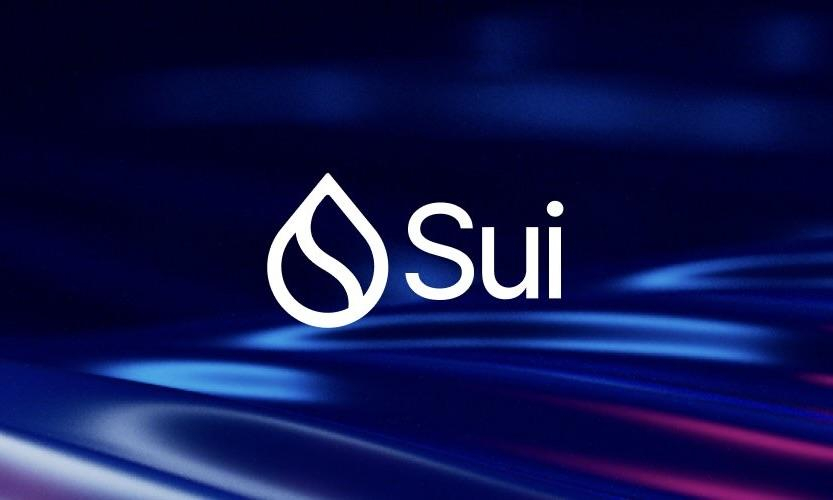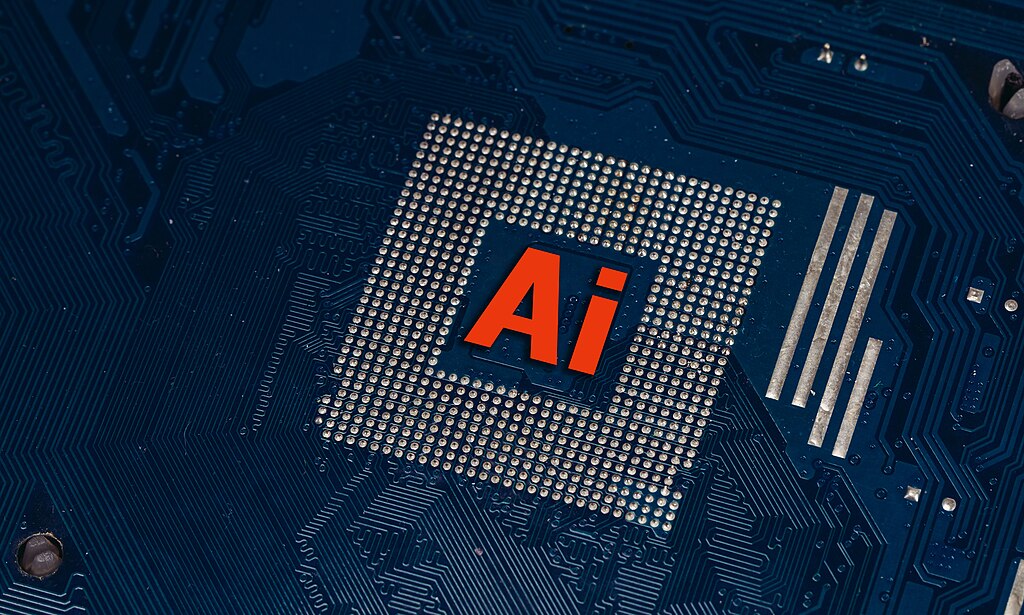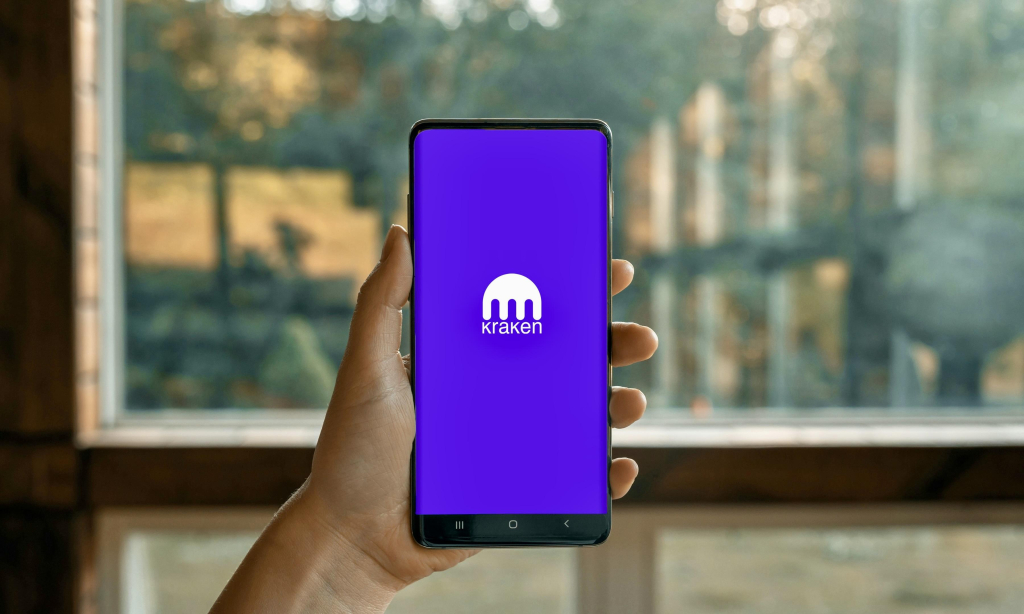Google has introduced an open-source payment standard designed to enable artificial intelligence (AI) agents to process financial transactions using both traditional systems and stablecoins. The initiative, called the Agent Payments Protocol (AP2), extends Google’s earlier Agent2Agent (A2A) framework, which allows AI agents to communicate. With AP2, these agents will eventually be able to pay bills, purchase goods, or transact with each other autonomously.
To develop this standard, Google partnered with Coinbase, the Ethereum Foundation, and more than 60 payment and commerce companies, including American Express and Salesforce. The collaboration highlights the growing need for standardized rails in AI-to-AI commerce, ensuring interoperability and scalability before such transactions become mainstream.
A major component of the project is Coinbase’s x402 protocol, an HTTP-native, instant stablecoin payment standard. By integrating x402, Google demonstrates how AI can seamlessly execute stablecoin transactions. In fact, the companies showcased a demo where an AI agent successfully purchased a refrigerator using Coinbase’s technology.
Coinbase CEO Brian Armstrong described the development as unlocking a “new level” of capability for AI agents, signaling a shift toward practical applications in digital payments. The integration underscores how stablecoins are becoming a critical part of future financial infrastructure, blending speed and low cost with global accessibility.
Google’s AP2 is poised to accelerate the adoption of AI-driven commerce, bridging traditional payment methods and blockchain-based assets. By laying the groundwork now, Google and its partners aim to ensure that when AI-powered transactions scale, they are seamless, secure, and universally accepted. This move reflects a broader trend where tech and finance converge to prepare for a future where autonomous AI systems can transact on behalf of individuals and businesses.




























Comment 0